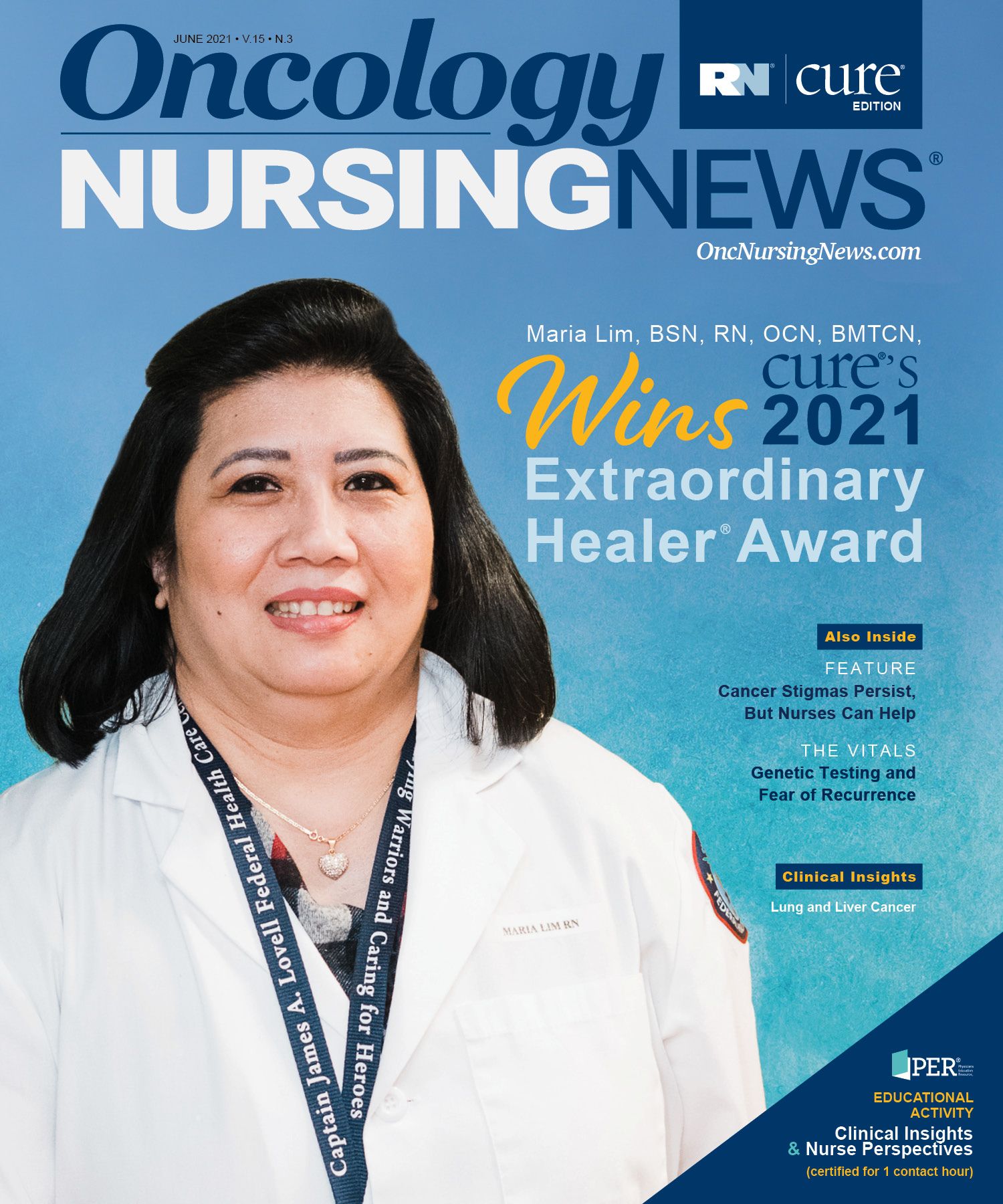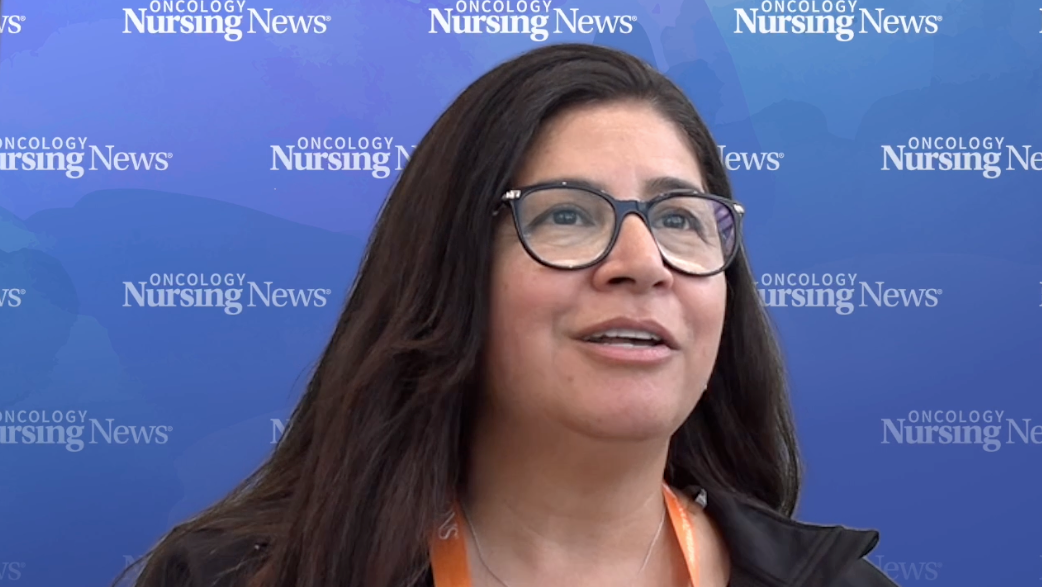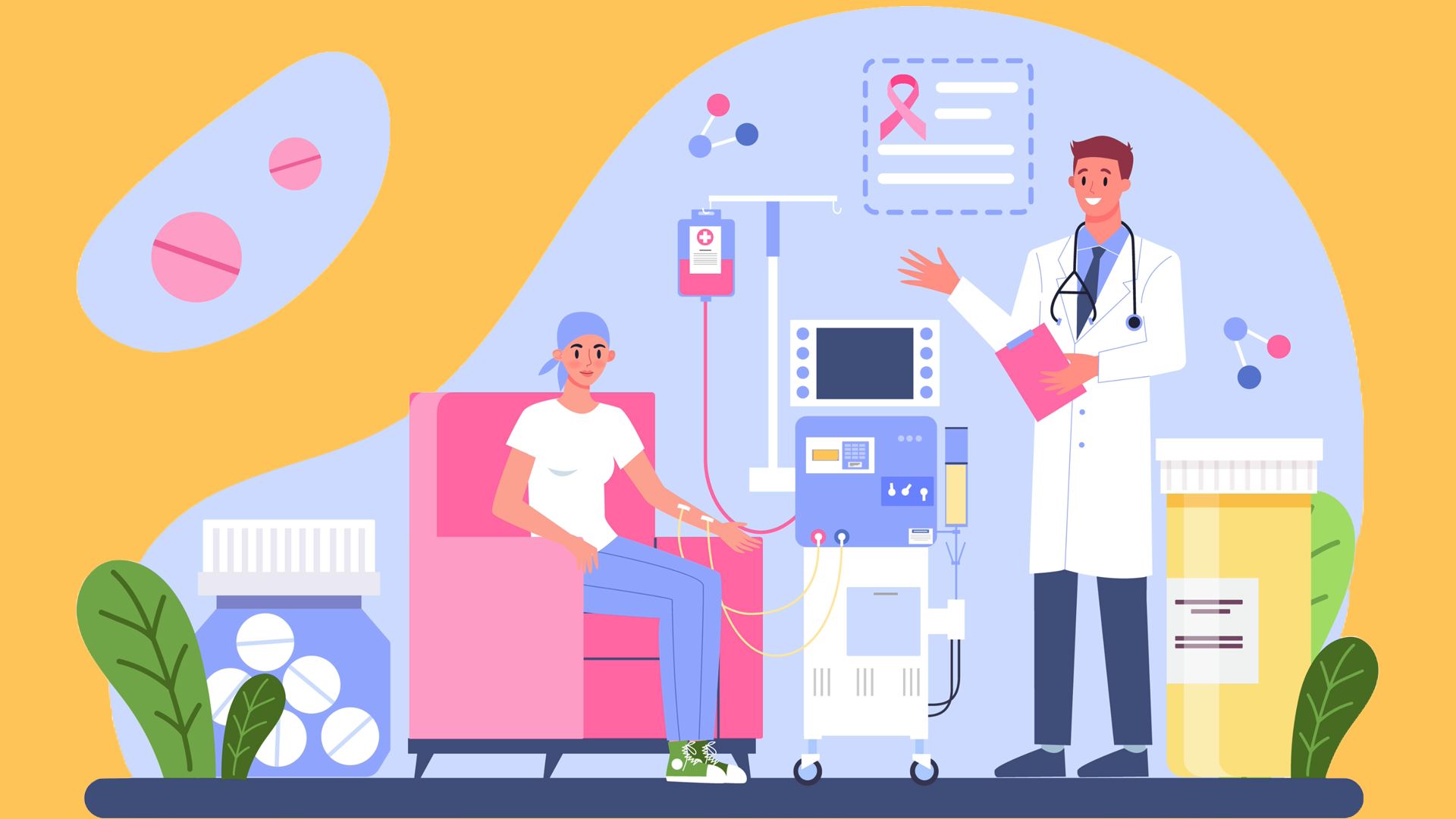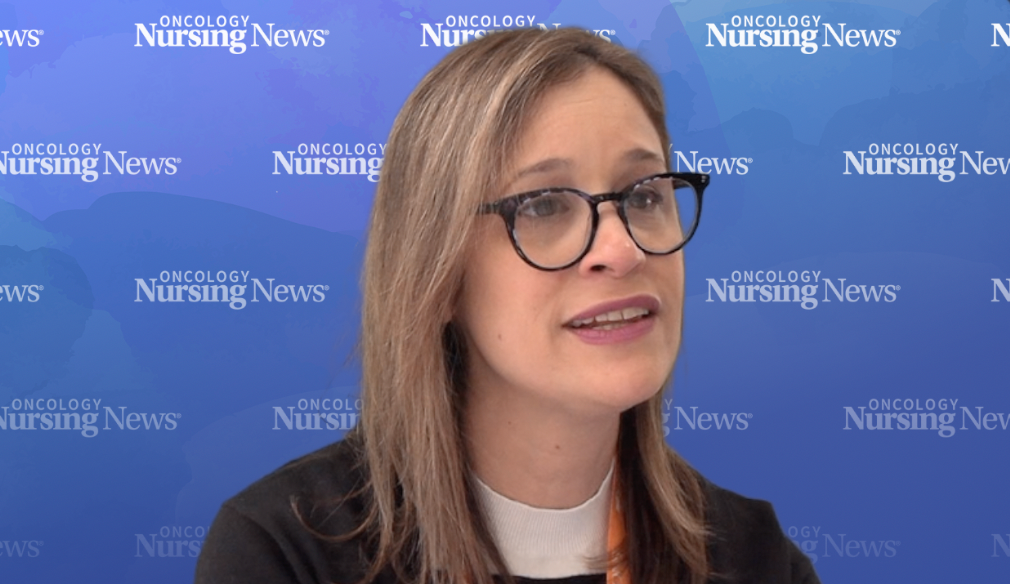Normalize the Clinical Trial Conversation
"Clinical trials are the vital bridge between research and a drug’s eventual availability to patients."
Megan Price, MSN, APRN, FNP-C

In an age of information overload, it can be difficult for patients with cancer
to comprehend their diagnosis and navigate the associated health care
decisions. Even within the health care field, misconceptions and uncertainty
about the role of clinical trials often abound. It is imperative that nurses and
health care providers feel comfortable discussing with patients the part trials
play. Clinical trials are the vital bridge between research and a drug’s eventual availability to patients. The process comes to a halt if there is not enough
accrual for the study to take off, and poor enrollment is the predominant reason that clinical trials fail.1 Nurses can not only help to educate but also spread the word among their peers and patients. The more expeditiously trials can accrue, the faster drugs can get through the process and into the hands of clinics and patients.
Many barriers to clinical trial enrollment exist, including logistical concerns, assumed lack of access, and therapeutic concerns. Investigators in a number of studies evaluating these barriers have noted a lack of education regarding trials to be the most common barrier.2 When nurses have a firm grasp on the basics of clinical trials, including the different phases and how to explain them to patients, the conversation will be normalized. The more secure nurses are with this discussion, the more comfortable their patients will feel about bringing up the topic and keeping an open mind. For instance, it has long been a misconception that clinical trials are reserved for the time when standard- of-care options have failed. In fact, the National Comprehensive Cancer Network recommends clinical trials as the best option for any patient who receives a cancer diagnosis.3
To give a snapshot, the FDA approved 92 novel cancer drugs for 100 indications based on data from 127 clinical trials.4 These are therapies that went through the rigorous process to approval and are now additional treatment options for patients who may currently be receiving treatment in your clinic. But for patients, reinforcing that safety is clinical trials’ primary focus is paramount, and engrained by strict training requirements, detailed reporting systems, and strict protocols for which adherence is non-negotiable.
Many resources are available for additional information on clinical trial options. These include the physicians or advanced practice providers at your practice, oncology-focused conferences, and the clinicaltrials.gov website, to name a few. Empowering our colleagues to stay well informed and feel comfortable talking to patients about clinical trials can have a long-lasting impact on trial enrollment and advancement and, most importantly, on patients’ comfort and understanding. It is time to normalize the conversation for science, the continued growth of nurses, and the overall survival of our patients.
References
- Unger, J. M., Cook, E., Tai, E., & Bleyer, A. (2016). The Role of Clinical Trial Participation in Cancer Research: Barriers, Evidence, and Strategies. American Society of Clinical Oncology educational book. American Society of Clinical Oncology. Annual Meeting, 35, 185–198. https://doi.org/10.1200/EDBK_156686
- Ford, J.G., Howerton, M.W., Lai, G.Y., Gary, T.L., Bolen, S., Gibbons, M.C., Tilburt, J., Baffi, C., Tanpitukpongse, T.P., Wilson, R.F., Powe, N.R. and Bass, E.B. (2008), Barriers to recruiting underrepresented populations to cancer clinical trials: A systematic review. Cancer, 112: 228-242. https://doi.org/10.1002/cncr.23157
- National Comprehensive Cancer Network. NCCN Guidelines Version 2.2021-Pancreatic Adenocarcinoma.https://www.nccn.org/professionals/physician_gls/pdf/pancreatic.pdf. May 10, 2021.
- Ladanie A, Schmitt AM, Speich B, et al. Clinical Trial Evidence Supporting US Food and Drug Administration Approval of Novel Cancer Therapies Between 2000 and 2016. JAMA Netw Open. 2020;3(11):e2024406.





